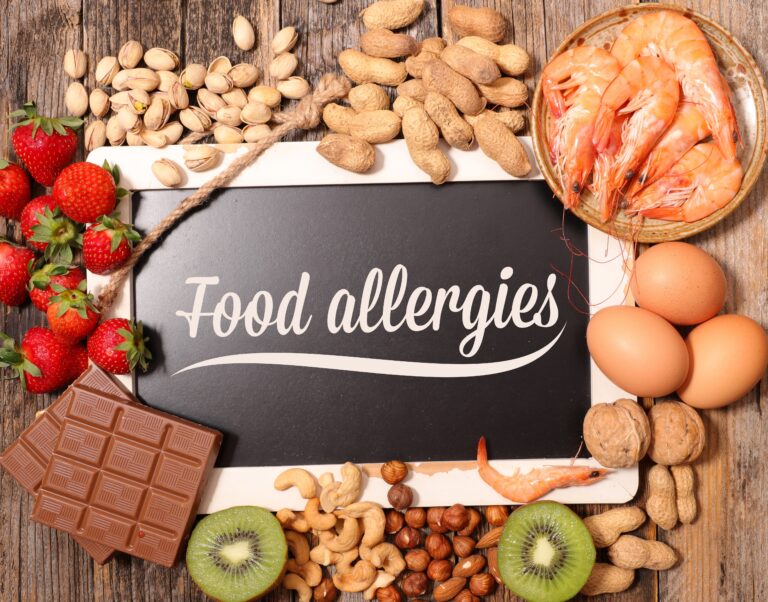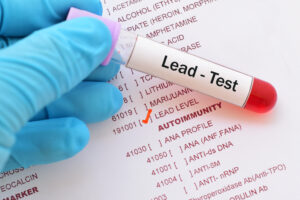The Hygiene Hypothesis and Allergy Reduction
The hygiene hypothesis proposes that childhood exposure to germs and certain infections helps the immune system develop…. In theory, exposure to certain germs teaches the immune system not to overreact. (Mayo Clinic)
While the hygiene hypothesis remains a theory because it is based on limited evidence, it continues to be an area of investigation which, in December, was furthered by FDA’s Health Claim Notification for Introduction of Allergenic Foods to Infants and Reduced Risk of Developing Food Allergy. Based on the idea that exposing an infant to a food allergen will reduce its risk of developing the allergy, and the authoritative statement from the Dietary Guidelines for Americans 2020-2025 (page 58), FDA is allowing manufacturers to use the following specified health claims on certain food products.
“If a baby has severe eczema, egg allergy or both, introducing age-appropriate, peanut-containing foods as early as 4 months may reduce the risk of developing a peanut allergy. Caregivers should check with the baby’s healthcare provider before feeding the baby peanut-containing foods.”
“For babies with an increased risk of peanut allergy (babies with severe eczema, egg allergy or both), introducing age-appropriate, peanut-containing foods as early as 4 months may reduce the risk of developing a peanut allergy. Caregivers should check with the baby’s healthcare provider before feeding the baby peanut-containing foods.”
While allowing for the above claims, however, FDA disallowed two other proposed claims (“Introducing peanuts to a baby in the first year reduces the risk of developing an allergy to peanuts” and “Introducing peanut and egg as early as 4 months of age may reduce the risk of developing peanut or egg allergy”), stating that they are not based on the detailed recommendation which is considered to be the authoritative statement from the Guidelines, thus are not allowed as stand-alone claims.
But in allowing for any health claim regarding the feeding of an allergen to an infant to reduce the risk of allergy to the food, FDA takes quite a leap along the path of legitimacy of the hygiene hypothesis. Could this be a step toward a means of reducing the prevalence of food allergies? If the health community begins to encourage the healthcare provider-overseen feeding of allergenic foods for infants, rather than avoidance, could we see reduced food allergies in the next generation?
As stated in an FDA paper, “The ‘hygiene hypothesis’ is supported by epidemiologic studies demonstrating that allergic diseases and asthma are more likely to occur when the incidence and levels of endotoxin (bacterial lipopolysaccharide, or LPS) in the home are low.” There is plenty of anecdotal evidence to back up this hypothesis as well. For example, peanut allergies seem to be rare in Africa. Perhaps this is due to the fact that many infants tend to consume peanut paste after breast milk. Additionally, studies have shown that children who grow up on farms have tremendous immune systems, and we also see fewer food allergies in that population.
There is an argument to be had, however, that the term itself should be revised as it can be dangerously misleading. The concept that we, as communities, have become too clean can result in a loss of confidence in hygiene. At a time when infectious disease occurrence is making hygiene more important, and sanitation in food facilities is critical for control of deadly pathogens, it is detrimental to pose hygiene as a negative factor. Perhaps it is time to revise our thinking – and our terminology.






